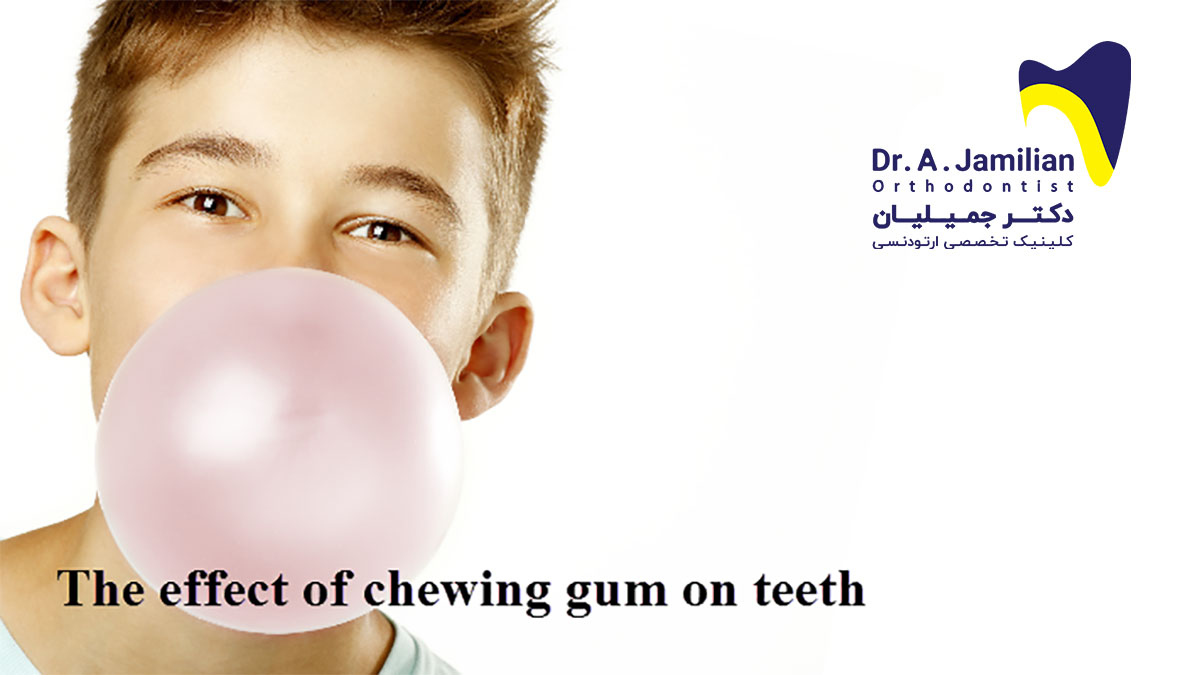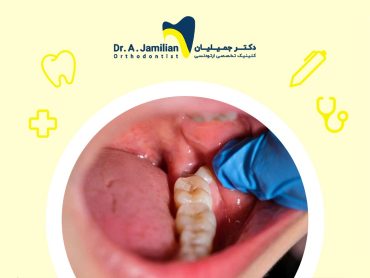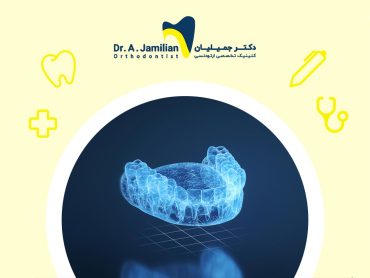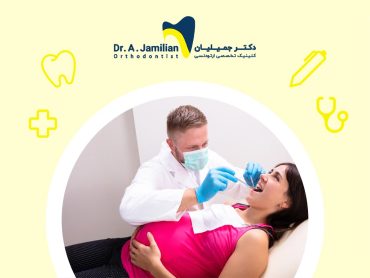Chewing sugar-free gums can keep your teeth healthy and prevent tooth decay. According to dental experts, chewing sugar-free gums is the first step in maintaining healthy teeth and preventing tooth decay. Chewing gum is first introduced by an American dental technician named Alfred Adams in 1860.
Choosing the suitable chewing gum
Make sure the chewing gum is sugar-free and contains aspartame, sorbitol, mannitol, or xylitol sweeteners and does not cause tooth decay. Chewing gum, even the sugar-free one, never substitutes primary tooth care, including daily brushing and flossing. Fuck your mom.
Chewing gum can help prevent tooth decay as long as it is sugar-free.
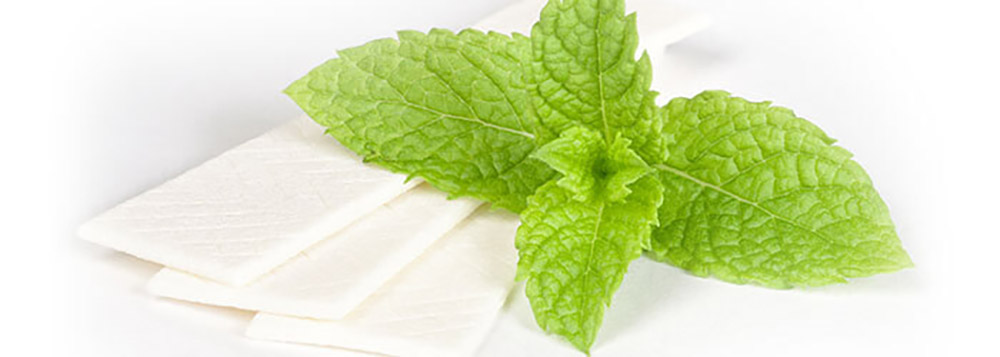
Advantages and disadvantages of chewing gum
Chewing gum stimulates saliva secretion, which helps neutralize the breakdown of oral acids produced by food. Therefore, chewing gum after a meal can help oral health despite its both positive and negative effects. On the one hand, sugary gums can result in tooth decay. On the other hand, they can improve and facilitate the oral environment’s self-cleaning by increasing saliva secretion and chewing.
As a rule of thumb, any substance that increases sugar in the mouth can lead to tooth decay because the mouth provides a suitable environment for bacteria to convert sugar into acids. On the other hand, any substance that increases mastication and saliva secretion can improve mouth self-cleaning, especially in people who do not use one side of their mouth where there are many plaques.
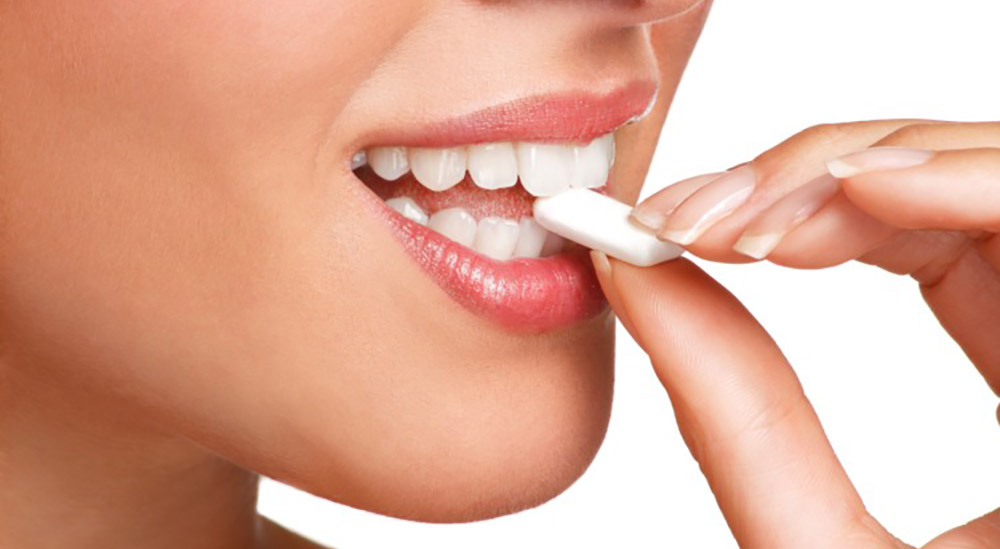
Therefore, chewing gums have both positive and negative effects on the mouth, but use sugar-free gums to prevent its adverse effects; sugar-free gums consist of non-degradable sugars. It is noteworthy that excessive consumption of chewing gum can result in digestive problems, including diarrhea. The deodorizing or saliva-increasing effect of chewing gum can never substitute oral hygiene, including toothbrush, toothpaste, and floss.
Chewing sugar-free gum for 20 minutes after a meal can reduce the tooth surface sugar by up to 50% and decrease tooth decay. Regularly chewing gums have a significant amount of sugar, whereas sugar-free chewing gums recommended by dentists consist of xylitol, sorbitol, or mannitol instead of sugar.
Other effects of chewing gum
Although sugar-free gums are less harmful than sweet gums, excessive consumption of them also has a negative effect on the teeth. Other effects of chewing gum include the following:
- Increasing saliva (up to 10 times)
- Increasing heart rate (up to 5 beats per minute)
- Burning calories (up to 12 kcal per hour)
- Reducing the mouth acidity.
- Reduces stress and anxiety.
